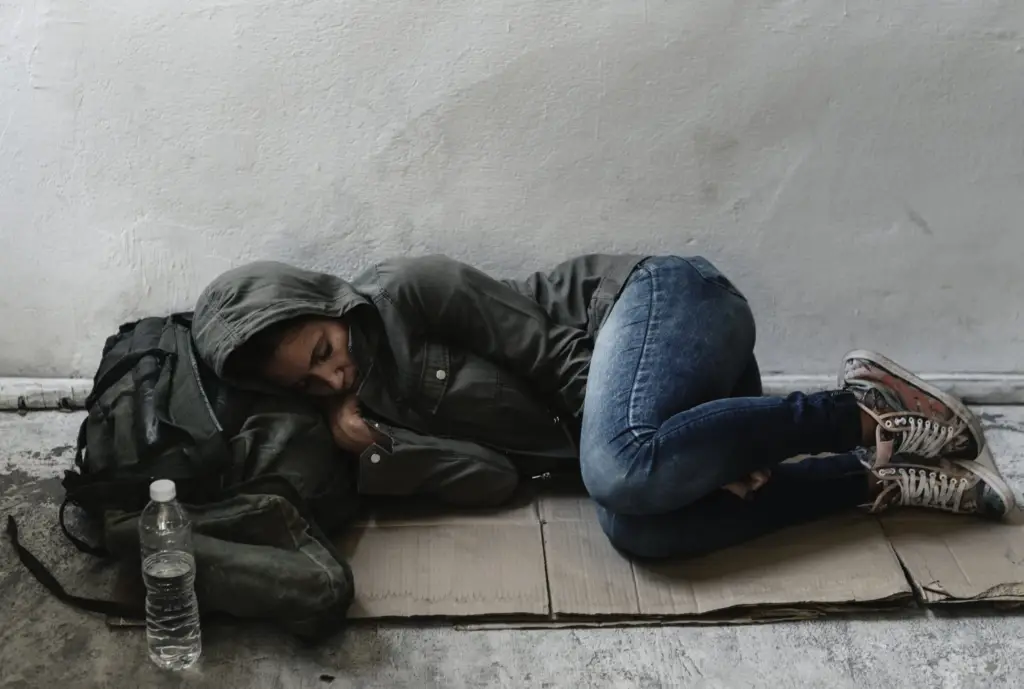Do Not Fall Into the Trap of Discrimination
Discrimination may seem like something that only happens “out there” in the world, but the truth is, it can creep into our own hearts if we are not careful. Whether it shows up in how we treat people of a different race, look down on someone because of their faith, or judge a person’s worth by their income or status—discrimination is dangerous. It hurts others, it divides communities, and most importantly, it goes against the heart of God.
A Gentle Warning
Maybe you’ve caught yourself thinking less of someone because they don’t look like you, speak like you, or live the way you do. Maybe you’ve judged someone based on the neighborhood they come from, the job they have, or even the clothes they wear. Friend, if that’s the case, I want to tell you with love: don’t fall into this trap.
Discrimination is rooted in pride, and pride blinds us from seeing people as God sees them. Every single person is created in the image of God (Genesis 1:27). When we belittle someone, we are, in a way, insulting the One who made them.

What God Thinks About It
The Bible is crystal clear. God does not show favoritism. Acts 10:34-35 says, “God shows no partiality, but in every nation anyone who fears Him and does what is right is acceptable to Him.”
Paul reminds us in Galatians 3:28 that in Christ, “there is neither Jew nor Greek, slave nor free, male nor female, for you are all one in Christ Jesus.”
That means there is no room in the heart of a Christian for racism, prejudice, or favoritism of any kind. If Jesus welcomed the poor, the outcast, the Samaritan woman, the tax collector—who are we to push anyone away?

How to Guard Your Heart
Here are some practical ways to avoid falling into discrimination:
Check yourself daily. Ask God to reveal any hidden pride or prejudice. Sometimes we don’t even realize we’re being unfair until the Holy Spirit convicts us.
Choose love over judgment. Before you form an opinion about someone, remind yourself: “This is a person God loves.”
Listen and learn. Instead of assuming, take time to hear people’s stories. Understanding builds compassion.
Treat everyone with dignity. Whether someone is rich or poor, educated or uneducated, your equal or very different—treat them as you would treat Jesus Himself (Matthew 25:40).
Speak up. If you see others discriminating, don’t stay silent. God calls us to defend the oppressed and stand up for what’s right.

A Final Thought
Discrimination is not just a social issue—it’s a heart issue. And if we allow it in our lives, it keeps us from fully reflecting Christ. Jesus said the world would know we are His disciples by our love (John 13:35), not by who we exclude.
So, my friend, guard your heart. Don’t let pride, prejudice, or favoritism rob you of God’s blessing. Choose love, choose unity, and choose to see every person as a brother or sister created by God.

Bible Study: Guarding Your Heart Against Discrimination
Opening Prayer:
Heavenly Father, we come before you today with open hearts and minds. We ask that your Holy Spirit would guide our discussion, convict us where needed, and teach us to see every person as you see them. Give us the courage to examine our own hearts and the grace to grow in love and unity. In Jesus’ name, Amen.
Icebreaker Question:
When you hear the word “discrimination,” what is the first image or thought that comes to mind? Do you think it’s always obvious, or can it be subtle?
Scripture Reading: Genesis 1:27 (NIV)
“So God created mankind in his own image, in the image of God he created them; male and female he created them.”
Discussion Questions:
The article states that discrimination “can creep into our own hearts if we are not careful.” Why is it important to recognize that this is a potential issue for everyone, not just “bad people out there”?
What are some subtle, everyday ways we might “think less of someone” because they are different from us? (Think about differences in background, income, education, lifestyle, or even theology).
How does the truth that every person is created in the Imago Dei (Image of God) fundamentally change how we are called to view and treat others? What does it mean to “insult the One who made them” through our actions?
Scripture Reading: Acts 10:34-35 (ESV)
“So Peter opened his mouth and said: ‘Truly I understand that God shows no partiality, but in every nation anyone who fears him and does what is right is acceptable to him.'”
Scripture Reading: Galatians 3:28 (NIV)
“There is neither Jew nor Gentile, neither slave nor free, nor is there male and female, for you are all one in Christ Jesus.”
Discussion Questions:
4. The phrase “God shows no partiality” (or “favoritism”) is radical. How does this divine characteristic challenge the way our natural human instincts often work?
5. Galatians 3:28 lists major societal divisions of the first century. What are the equivalent “Jew/Gentile,” “slave/free” divisions in our culture and churches today?
6. The article says, “If Jesus welcomed the poor, the outcast, the Samaritan woman, the tax collector—who are we to push anyone away?” Who are the modern-day “Samaritans” or “tax collectors” that our society or our hearts might be tempted to exclude?
The article provides five practical steps. Let’s dig into a few of them.
Scripture Reading: Matthew 25:40 (NIV)
“The King will reply, ‘Truly I tell you, whatever you did for one of the least of these brothers and sisters of mine, you did for me.'”
Discussion Questions:
7. “Check yourself daily.” What would it look like to practically pray a prayer like, “God, reveal any hidden pride or prejudice in me”?
8. “Choose love over judgment.” The article suggests reminding ourselves, “This is a person God loves.” Share a time when consciously shifting your perspective in this way changed an interaction you had.
9. “Treat everyone with dignity.” How does Matthew 25:40 provide the ultimate motivation for treating everyone with respect? How does it change our actions when we see Christ in the person in front of us?
10. “Speak up.” Why is silence often interpreted as agreement with discrimination? What are some loving and Christ-like ways we can “defend the oppressed and stand up for what’s right” in our circles?
Final Scripture Reading: John 13:35 (NIV)
“By this everyone will know that you are my disciples, if you love one another.”
Closing Discussion:
11. The article concludes that “discrimination is not just a social issue—it’s a heart issue.” How can addressing the heart issue ultimately be the most effective way to combat the social issue?
12. Jesus says love is the defining mark of His followers. How does rooting out discrimination and favoritism directly witness to the power of the Gospel?
13. Personal Reflection: What is one concrete step you feel challenged to take this week to “guard your heart” against discrimination and actively choose love? (e.g., have a conversation with someone different from you, examine a specific bias, etc.).
Closing Prayer:
Lord, thank you for your Word that corrects and guides us. Forgive us for the times we have failed to see your image in others. We ask for humble hearts that are quick to repent and courageous in love. Help us to be agents of your unity and grace in a divided world. Empower us by your Spirit to love as you love, without partiality. We pray this in the name of Jesus, our perfect example. Amen.




